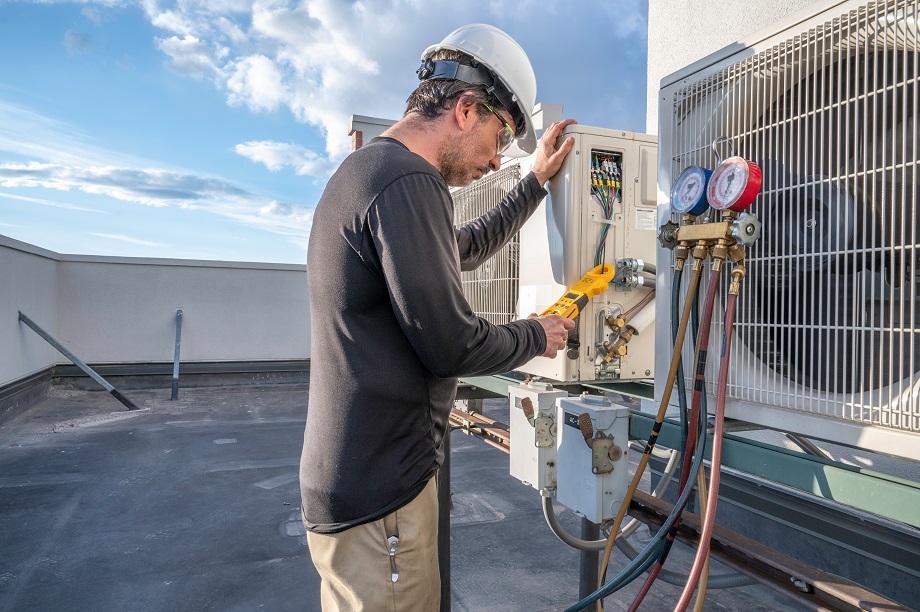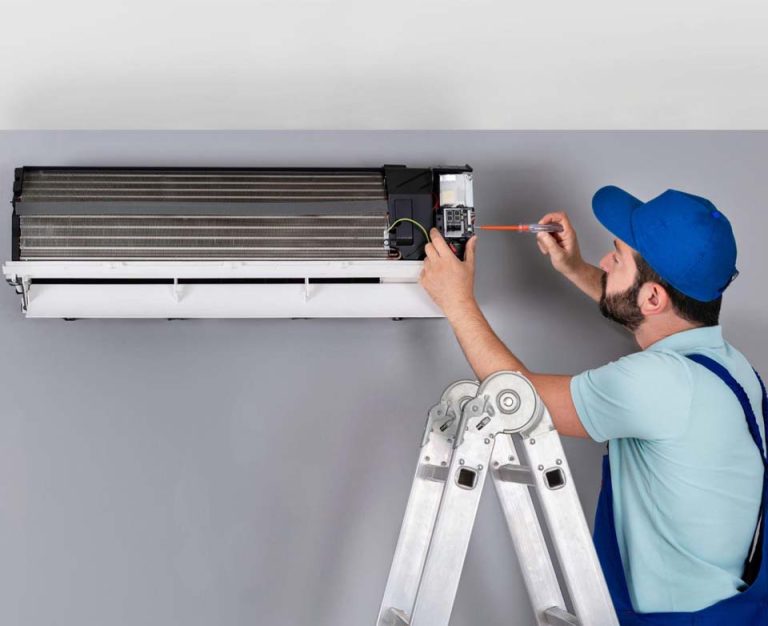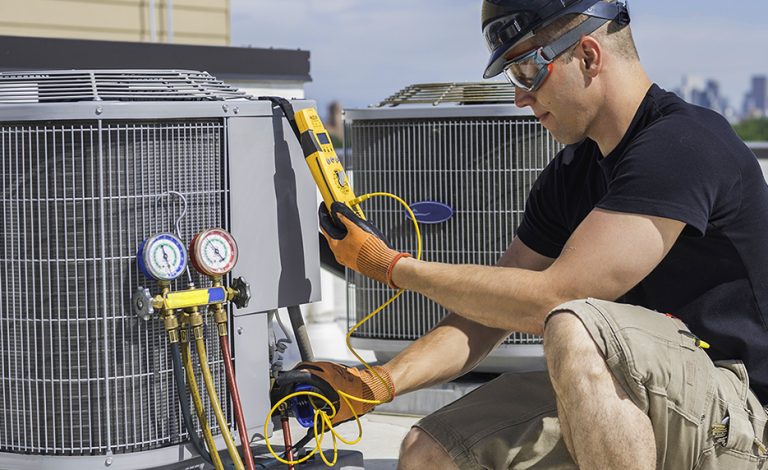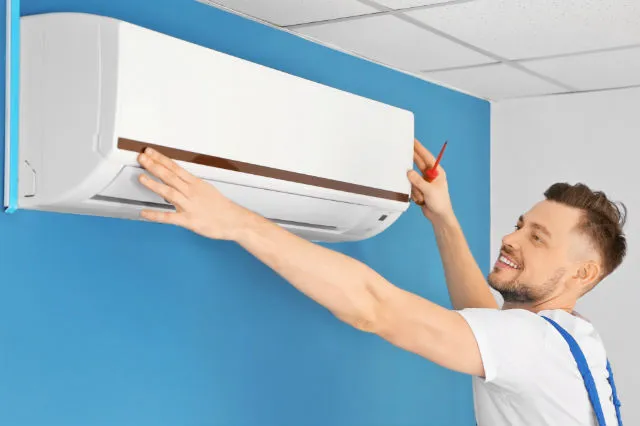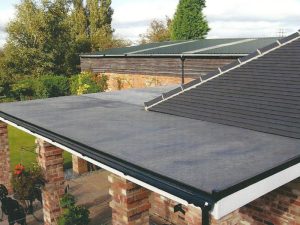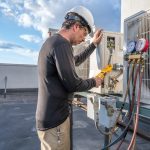In the modern world, the comfort of our homes and businesses is largely dictated by the functionality of our HVAC systems. While air conditioning often takes center stage in the hotter months, heating is just as essential—and in many cases, even more so. Whether you live in a place that experiences long, harsh winters or simply want to ensure year-round comfort, an effective HVAC strategy that incorporates heating is not just important, it’s absolutely necessary.
Many people make the mistake of focusing solely on cooling when designing or maintaining their HVAC systems, especially in regions where summer temperatures dominate. However, a comprehensive HVAC strategy requires a balanced approach that integrates heating as an essential component. Let’s delve into why heating should not be overlooked, how it impacts your comfort and energy costs, and why it’s crucial to have a strategic approach to your heating needs.
Understanding the Role of Heating in HVAC
At its core, HVAC (Heating, Ventilation, and Air Conditioning) systems are designed to regulate indoor air quality and temperature, providing a comfortable and healthy environment. While cooling is a critical aspect of HVAC in warmer climates, heating is just as pivotal, especially during colder months. Proper heating not only keeps you warm but also helps maintain humidity levels, enhances air quality, and ensures the longevity of your system. Heating typically works by either transferring heat from the outside (as in heat pumps) or generating heat through gas, electricity, or oil, depending on the system.
Your HVAC strategy is incomplete if it doesn’t consider heating as a core element. The failure to integrate effective heating solutions can lead to several problems, such as energy inefficiency, poor air quality, and discomfort during colder months.
The Benefits of Incorporating Heating into Your HVAC Strategy
-
Year-Round Comfort
Heating plays an essential role in maintaining a comfortable indoor environment, particularly in regions with significant seasonal temperature swings. Without a reliable heating system, your home or business will be unable to maintain comfort during the colder months. Imagine living in a space where you rely solely on air conditioning during summer but have no effective method of combating the chill of winter. This not only disrupts your comfort but can also impact your productivity and overall well-being.
By prioritizing heating in your HVAC strategy, you create a solution that works year-round. During the summer, your system cools and purifies the air, and during the winter, it ensures you stay warm, cozy, and comfortable. This balance is key to maintaining consistent indoor quality, regardless of the external weather conditions.
-
Energy Efficiency and Cost Savings
A well-maintained HVAC system that includes both heating and cooling capabilities can be more energy-efficient than having separate systems for each function. When you invest in a high-quality, properly sized HVAC system that incorporates both air conditioning and heating, you optimize energy use throughout the year. Efficient systems are designed to regulate temperature with minimal energy waste, which translates to lower utility bills.
Additionally, modern HVAC systems offer smart technologies such as programmable thermostats, zoning systems, and energy-efficient components that make it easier to control both heating and cooling in your home or business. By being able to fine-tune your system’s performance, you can avoid excessive energy consumption during peak times, resulting in long-term savings.
-
Enhanced Air Quality
An often-overlooked benefit of an HVAC strategy that includes heating is its contribution to improved indoor air quality. Cold weather can lead to dry indoor air, which can be uncomfortable and even detrimental to respiratory health. A balanced HVAC system with a well-maintained heating function ensures proper humidity levels and clean air.
Many modern heating systems come with integrated air purifiers, filters, and humidifiers that trap allergens, dust, and other contaminants, preventing them from circulating throughout your living space. This can be especially beneficial in households with allergies or respiratory conditions, as it helps maintain a cleaner, healthier environment. Furthermore, by using heating to regulate the temperature effectively, you reduce the likelihood of condensation and moisture buildup, which can contribute to mold and mildew growth in your home.
-
Preventing System Failures
When heating is neglected in your HVAC strategy, you run the risk of system failures during the colder months, potentially leaving you in an uncomfortable and costly situation. Just like air conditioning units, heating systems require regular maintenance to perform optimally. Without the necessary focus on heating, components like furnaces, heat pumps, and boilers can wear down, leading to inefficient heating or, worse, complete breakdowns during the coldest days of the year.
Regular maintenance, including cleaning and replacing filters, checking for leaks, and inspecting the system for wear and tear, can prevent unexpected failures. Scheduling routine service for your HVAC system, encompassing both heating and cooling functions, ensures that both elements continue to work efficiently throughout the year.
-
Sustainability and Green Energy Solutions
As awareness about environmental sustainability increases, many homeowners and businesses are making conscious decisions to reduce their carbon footprints. Modern HVAC systems offer eco-friendly solutions that integrate both heating and cooling functions. Heat pumps, for instance, are energy-efficient alternatives that both heat and cool by transferring heat from the outside air, making them a viable option in milder climates.
By incorporating heating as part of your HVAC strategy, you can invest in green technologies that reduce your system’s environmental impact. Additionally, smart thermostats and energy-efficient heating options, such as condensing boilers or geothermal heat pumps, can help you achieve optimal comfort while minimizing energy use and emissions.
Key Considerations for a Comprehensive Heating Strategy
While it’s clear that heating is an integral part of any HVAC strategy, it’s essential to make sure you’re choosing the right systems and components for your specific needs. Here are a few factors to consider when developing a heating strategy:
-
Climate and Location: The climate in which you live plays a critical role in determining the type of heating system you need. Areas with extreme cold will require more powerful heating systems, such as furnaces or geothermal heat pumps. In milder climates, a simple heat pump or even an electric baseboard heater may suffice.
-
System Size and Efficiency: Oversized or undersized systems can lead to inefficiency, discomfort, and higher costs. A properly sized HVAC system ensures that your heating needs are met without overburdening the system or wasting energy.
-
Zoning: For larger homes or commercial spaces, a zoning system can be a wise investment. This allows you to heat specific areas of your space to different temperatures, reducing energy consumption and increasing comfort.
-
Regular Maintenance: Like any other part of your HVAC system, heating components require regular maintenance. Make sure to schedule annual checks to ensure your system is in optimal condition before the start of each heating season.
-
Smart Controls: Investing in a smart thermostat can provide you with greater control over your heating system. These devices allow you to set schedules, adjust temperatures remotely, and track energy usage, helping you stay in control of your energy consumption and costs.
Conclusion: A Complete HVAC Strategy Requires Heating
A comprehensive HVAC strategy is essential for ensuring year-round comfort, energy efficiency, and improved indoor air quality. While cooling often takes precedence during the hotter months, heating is just as important—especially when the temperature drops. By incorporating an efficient, well-maintained heating system into your HVAC strategy, you not only keep your home or business comfortable but also reduce energy waste, lower utility bills, and improve overall air quality.
Don’t let the chill of winter catch you off guard. A balanced HVAC strategy that includes heating is an investment in comfort, sustainability, and long-term savings. Whether upgrading your current system or installing a new one, make sure that your HVAC plan addresses both heating and cooling needs. This holistic approach will not only enhance your quality of life but also contribute to a greener, more energy-efficient future.

